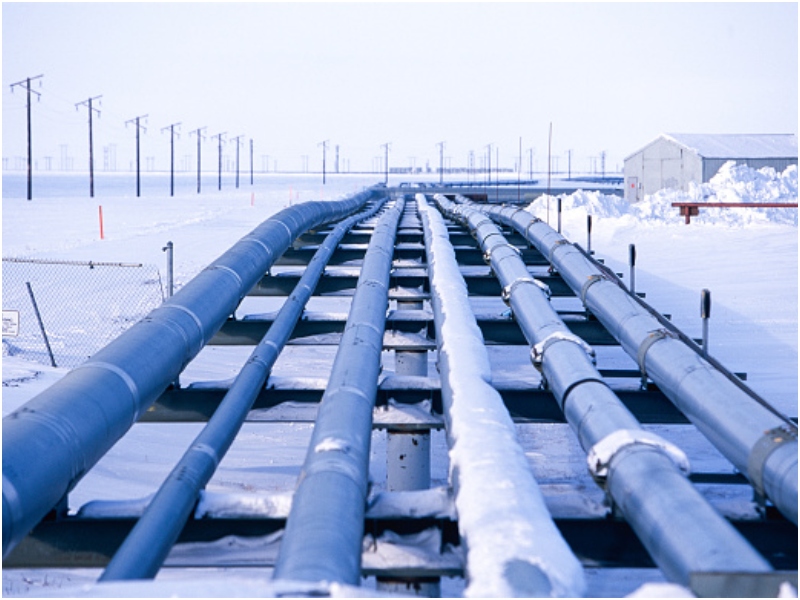In a bold move, eight young individuals are taking legal action against the Alaskan government, alleging that a massive new fossil fuel endeavor violates their constitutional rights.
The lawsuit targets the Alaska Gasline Development Corporation’s proposed $38.7 billion gas export project, which, if realized, would significantly increase the state’s greenhouse gas emissions for decades.
According to the lawsuit, the Alaska LNG Project, spearheaded by the state-owned corporation, entails the construction of a gas treatment plant on the North Slope, an 800-mile pipeline, and a liquefaction plant on the Kenai Peninsula, aimed at preparing the gas for export to Asia.
The plaintiffs argue that this project directly undermines their constitutional rights and exacerbates the already alarming impacts of climate change.
The legal challenge, brought forth by youths aged 11 to 22, asserts violations of two key sections of the Alaska constitution: the right to protected natural resources for current and future generations, and the right to be free from government infringement on life, liberty, and property.
Lead plaintiff Summer Sagoonick, a 22-year-old member of the Iñupiaq tribe, emphasized the profound cultural and environmental ramifications of the project, particularly for Indigenous communities.
Alaska Attorney General Treg Taylor described the lawsuit as a “misguided effort,” highlighting the state’s purported need for gas development to address energy shortages.
He argued that failing to proceed with the project could result in other regions exploiting gas resources without stringent environmental standards.
The case, filed by non-profit law firm Our Children’s Trust, marks a significant departure from previous legal battles, focusing on challenging a specific fossil fuel project rather than broader government policies.
The plaintiffs seek to halt the project’s progression and establish legal precedent recognizing the infringement of constitutional rights by fossil fuel infrastructure.
The outcome of this lawsuit could have far-reaching implications not only for Alaska but also for similar environmental challenges nationwide.
As the legal battle unfolds, it underscores the growing activism and legal strategies employed by young people in the fight against climate change.

